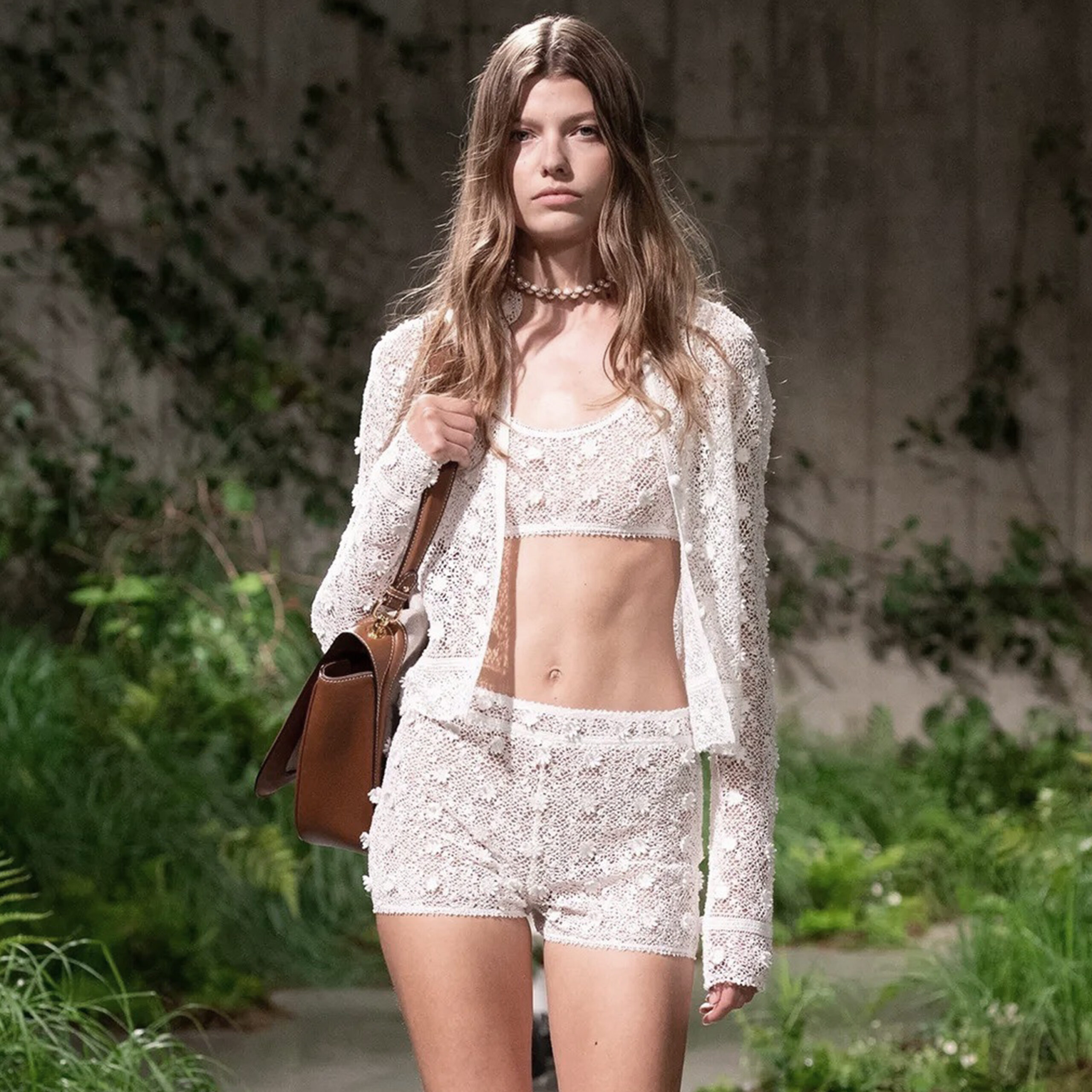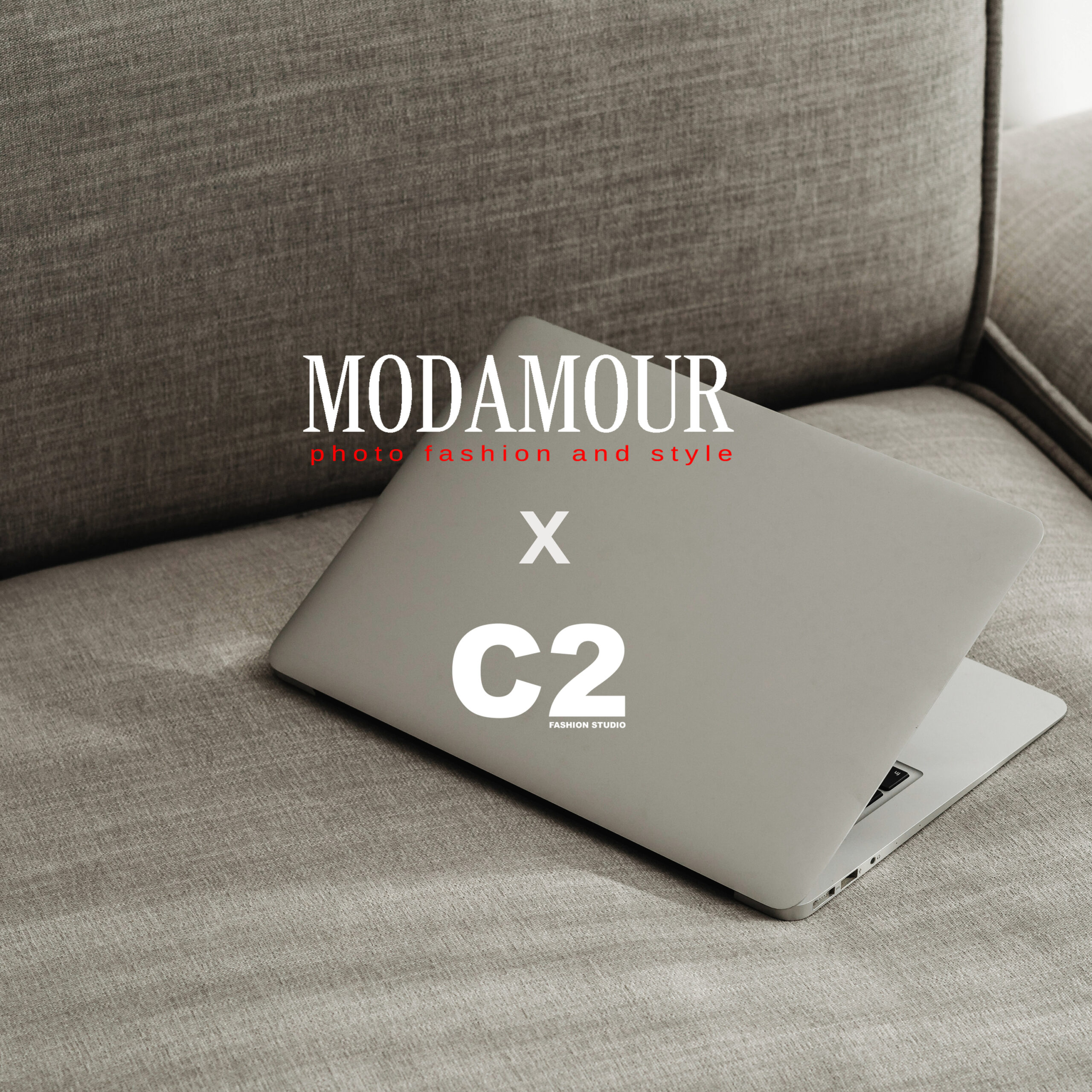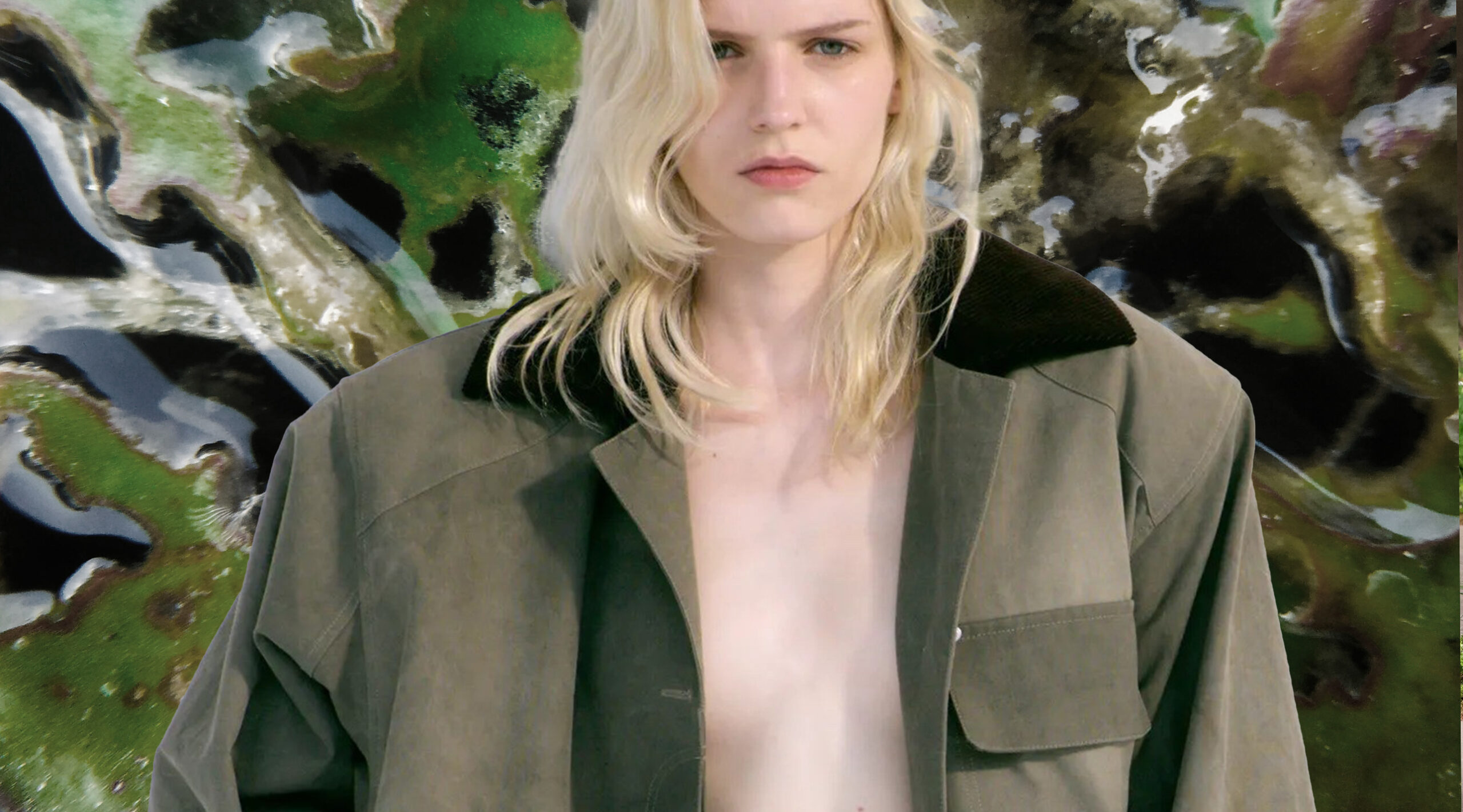
In recent years, Europe, and particularly Italy, has become a stronghold for sustainable fashion initiatives, with a growing commitment to reducing the environmental footprint of the fashion industry. From Milan to Paris and Copenhagen, fashion weeks are becoming increasingly green, introducing practices and platforms that promote sustainability at every stage of production. Italy, with its heritage of craftsmanship and luxury fashion, has taken a leading role in the movement, blending tradition with modern, eco-friendly innovations.
Italy's Role in Sustainable Fashion
Key Italian Initiatives and Practices
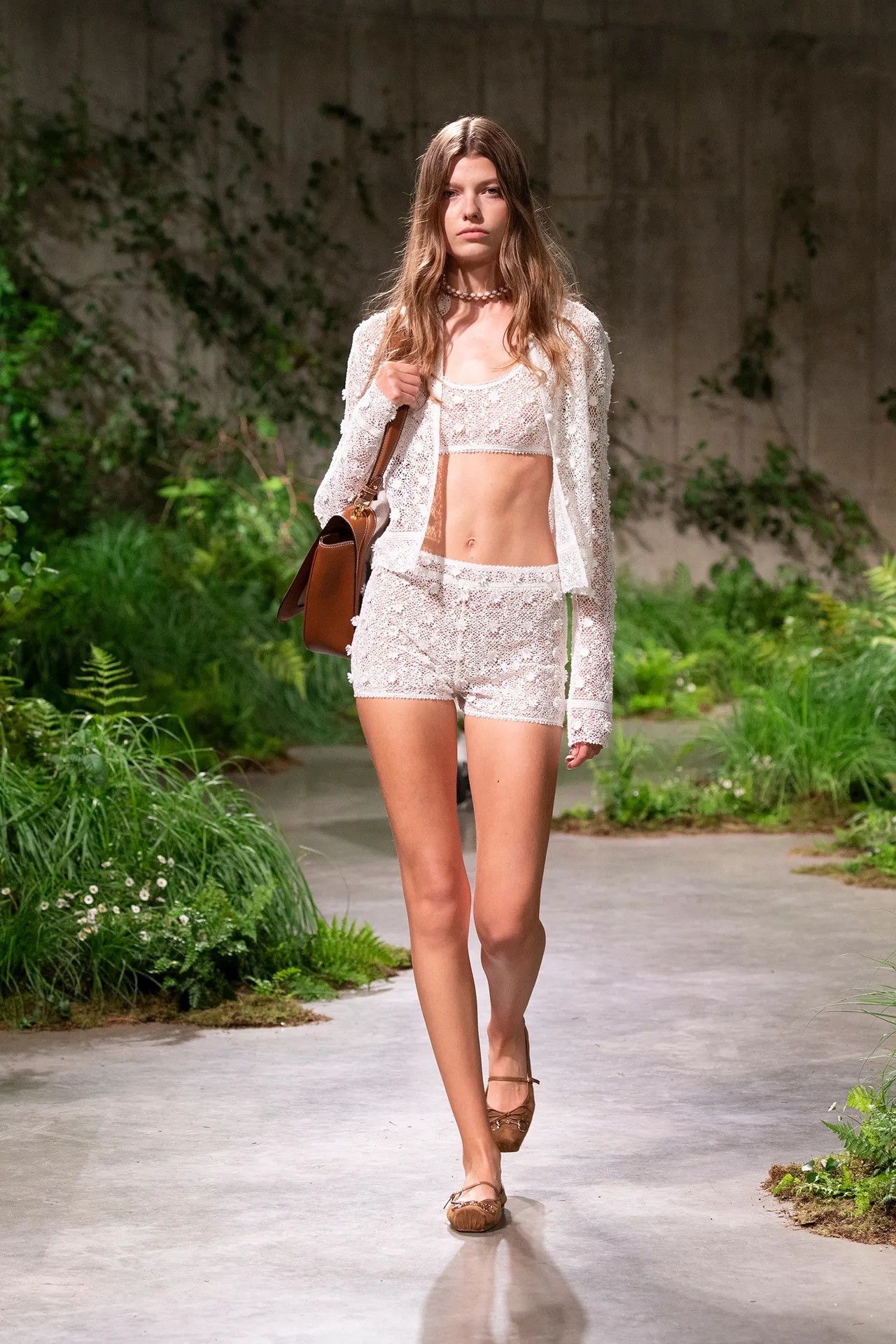
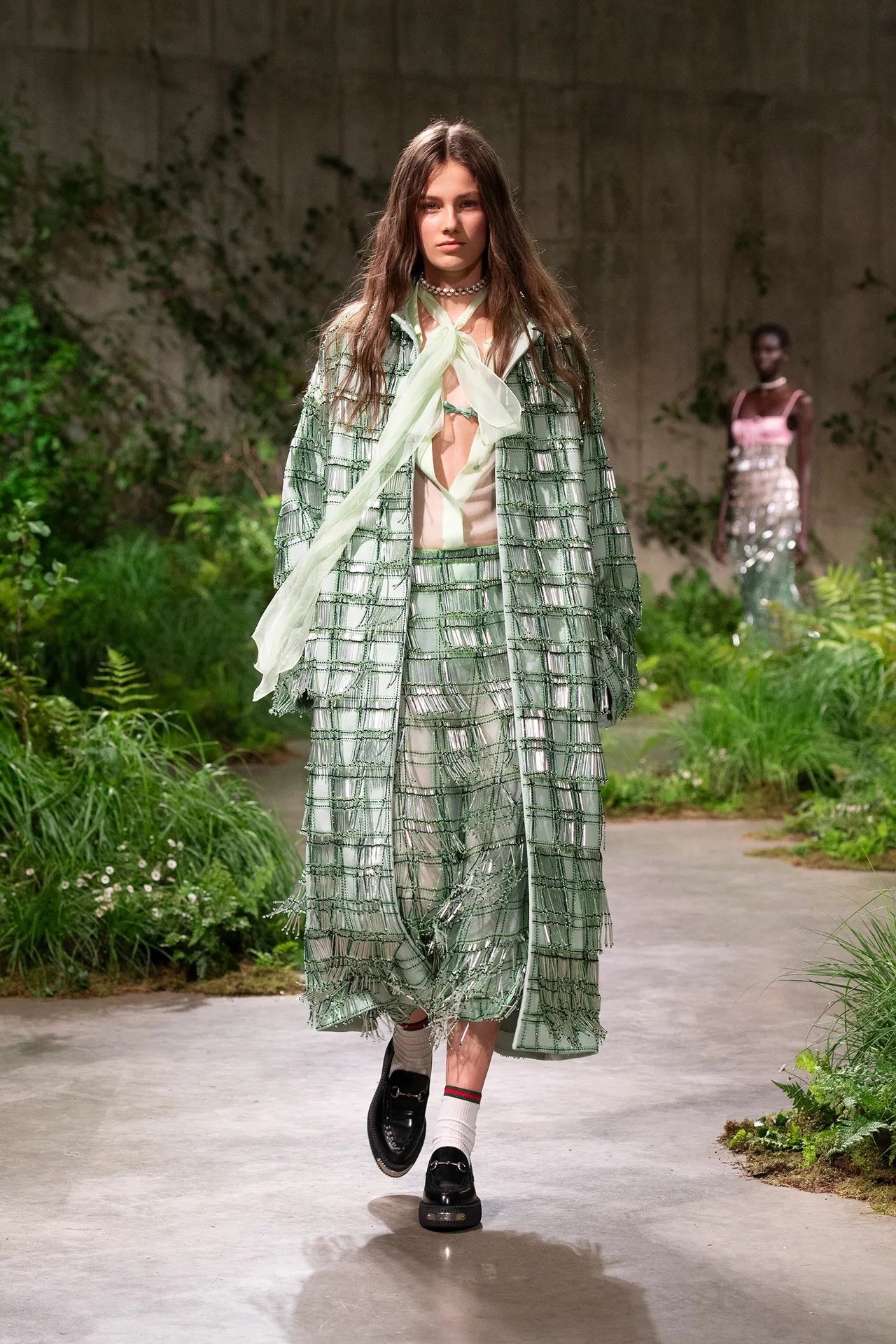
Europe’s Broader Commitment to Sustainable Fashion
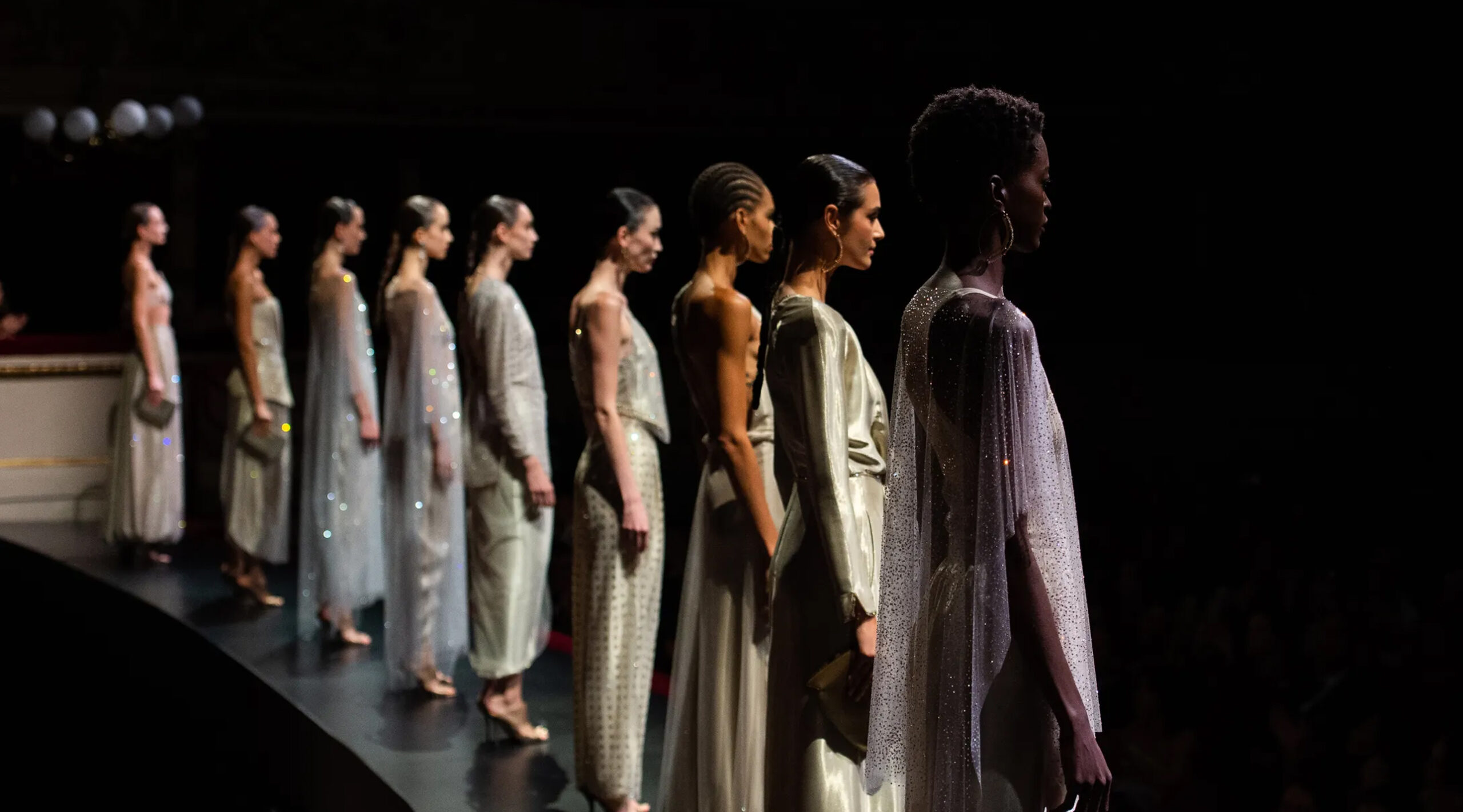
The Future of Sustainable Fashion in Italy and Europe
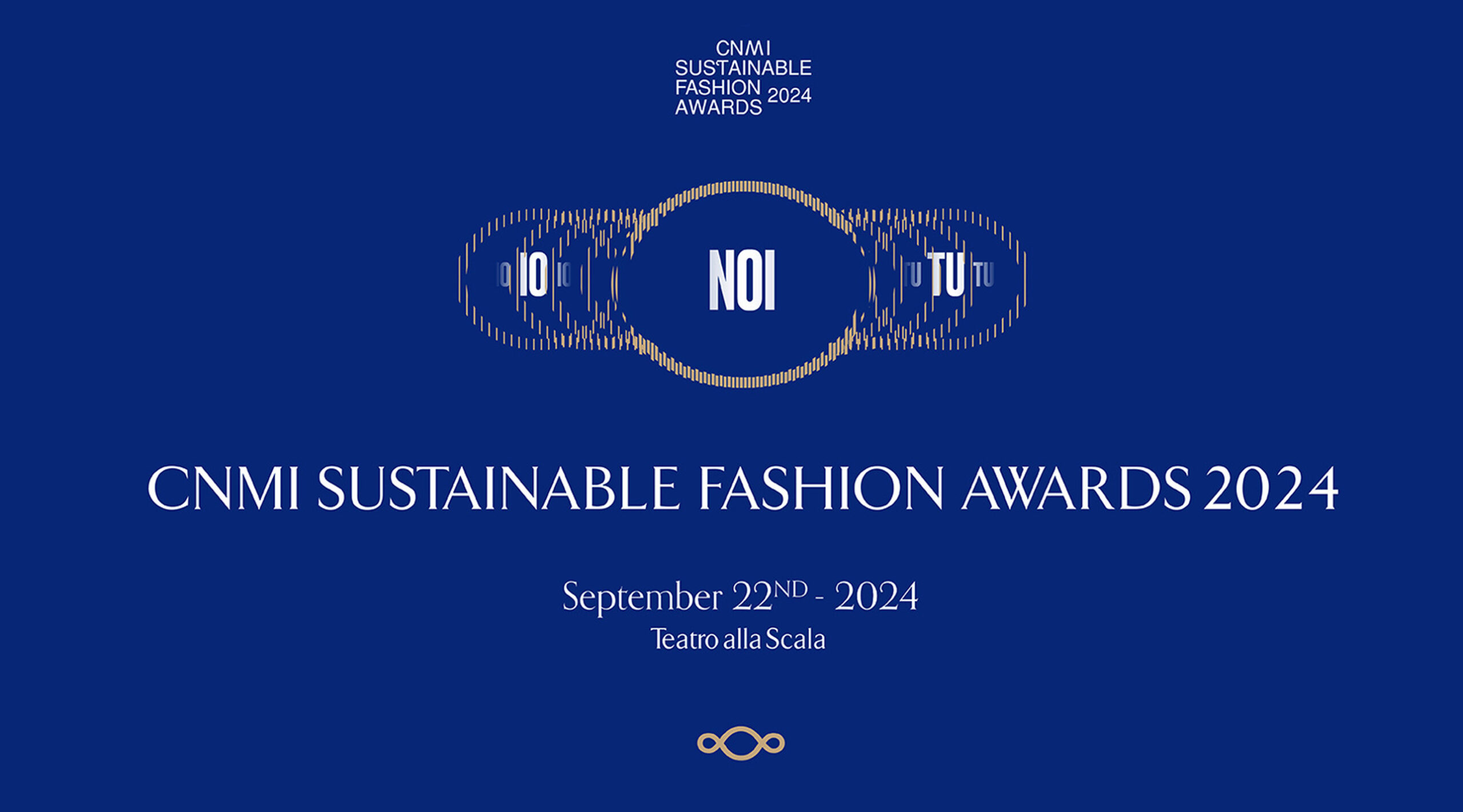
Conclusion
Sustainable fashion is no longer just a trend: it’s a necessity. As Italian brands and European fashion weeks continue to adopt greener practices, they are setting a powerful example for the global fashion industry. From Milan to Copenhagen and Paris, fashion weeks are no longer just about glamour and style; they are platforms for meaningful change, reflecting a commitment to preserving our planet. For Italy and Europe, the future of fashion is not just beautiful: it’s sustainable.

